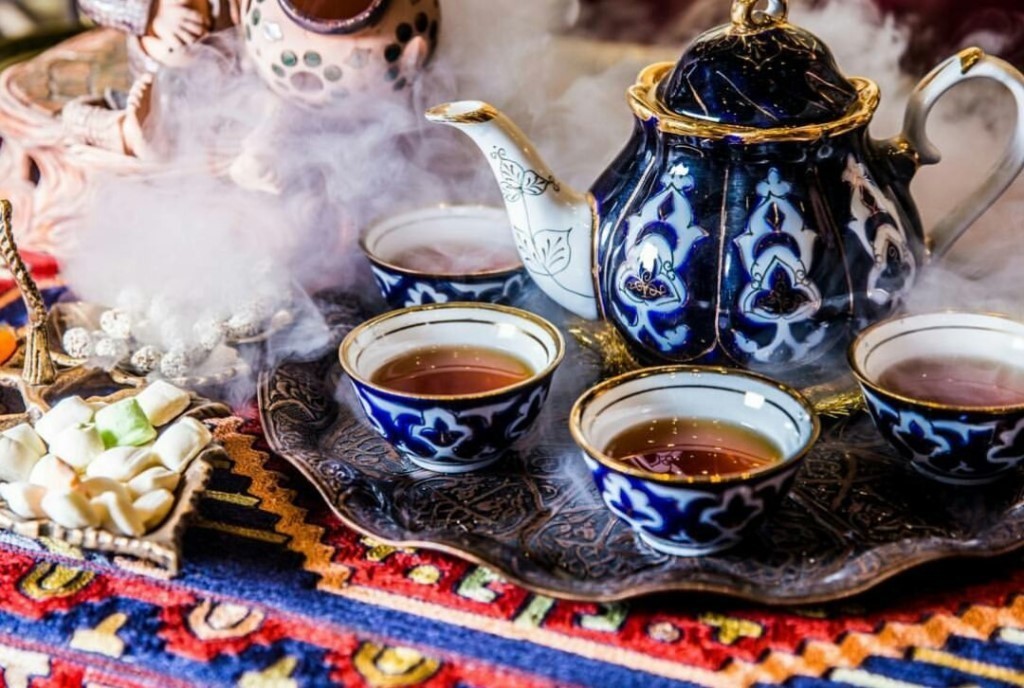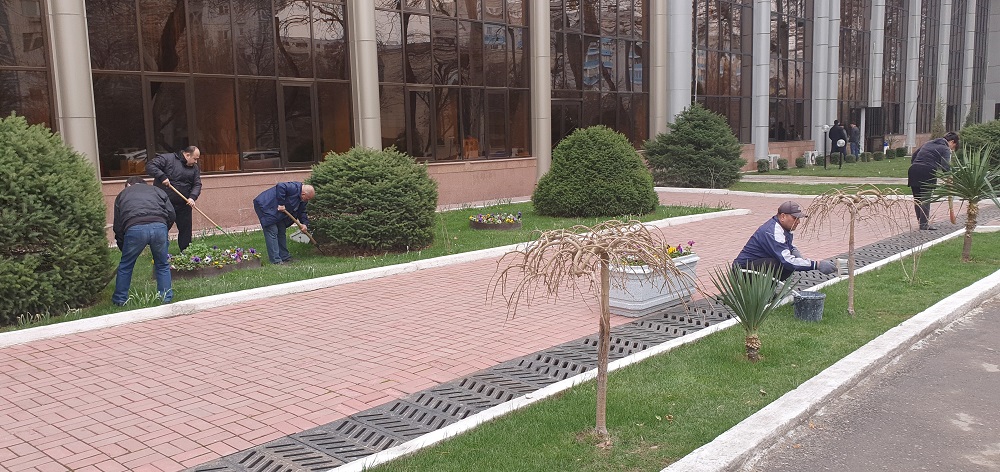Traditions and mores
The history of the formation of the way of life of the peoples of Uzbekistan dates back to the 6th-7th centuries BC.
Many traditions and customs are associated with national and religious holidays - the Day of the spring equinox "Navruz", Ramadan Hayit and Eid al-Adha, family celebrations - weddings, the birth of a child, etc.
Historically, one of the main traditions of the Uzbek people is hospitality. Among the people, the ability to receive a guest is held in high esteem, regardless of the wealth of the table or the wealth of the family. Therefore, if you find yourself in an Uzbek mahalla, be sure to visit a festive celebration with bright and original rituals, the impressions of which will decorate your trip.

Mahalla plays a significant role in Uzbek culture. It unites people, brings them closer, teaches them to treat each person with respect, regardless of social status, nationality and religion.
After all, this is not just a place of residence, it is a way of life and a type of thinking, a centuries-old tradition dominated by such features as diligence, humanity, and decency.
It was in the mahallas that the older generation cherished and multiplied the folk traditions and customs on which the younger generations were brought up.

Thus, the Uzbek mahalla is a unique institution of civil society in Uzbekistan. It connects the past and present of our people, helps to cope with difficulties and find the right solutions in the social and cultural development of society.
The people of Uzbekistan are cheerful and sympathetic, hospitable and open. It is open to everything new, but at the same time does not forget about its roots, carefully preserves and remembers the rich history and primordial traditions. Uzbeks love and know how to have fun, celebrate big holidays on a grand scale with national music and performing incendiary dances. With songs and dances, with a full dastarkhan of delicious dishes and a great mood - this is how Uzbeks celebrate national holidays.